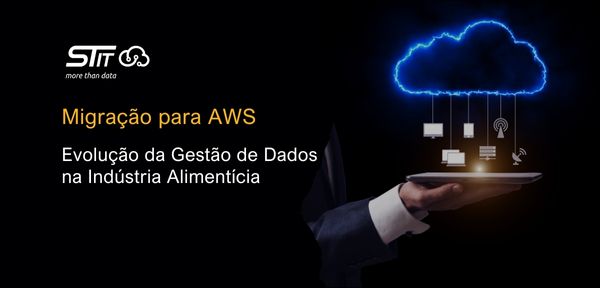Data that transforms: The importance of collecting with purpose
Have you ever stopped to think about the benefits of collecting data intelligently? The answer lies in five fundamental pillars: precision, consistency, trust, excellence and results.
Precision: Each piece of data collected is a valuable piece of your business's puzzle. The more accurate the data, the clearer the image becomes, allowing for better decision-making.
Consistency: Consistent data collection provides a continuous flow of information, facilitating analysis over time and making insights more reliable.
Trust: Trust is the basis of all operations. Reliable data is the anchor that supports strategies and directs the path to success.
Excellence: Excellent data collection is what differentiates leaders from successful companies. It is the constant search for improvement, using the best methods and technologies available.
Results: Ultimately, intelligent data collection leads to desired results. It’s the insights, opportunities and tangible gains that drive your business towards success.
Smart data collection is not just a strategy; It’s an investment in your business future. Explore the potential of data intelligently and see your company thrive. Your success is in the details, and intelligent data collection is the key to unlocking them.
Some examples of use cases for intelligent data collection in different contexts:
1. Retail:
Inventory and Supplier Management: Retail collects sales and inventory data to optimize inventory. This avoids running out of stocks or overstocking.
Product Recommendations: Based on customer purchasing history and preferences, retailers can make personalized product recommendations, increasing sales.
2. Education:
Personalization of Education: Schools and higher education institutions collect student performance data to personalize teaching. This allows you to adjust the curriculum based on individual student needs.
Performance Assessment: Collecting data from assessments and tests helps assess student performance and identify areas that require attention.
3. Health and Medicine:
Patient Monitoring: Hospitals and clinics can collect data from medical devices to monitor patients' health status in real time. This allows for quick interventions in cases of emergency.
Medical Research: Collecting data from clinical trials and medical research helps develop new treatments and medications. Analyzing large data sets can reveal valuable insights.
4. Manufacturing:
Predictive Maintenance: Collecting data from sensors on industrial machines enables predictive maintenance. This means companies can carry out repairs before failures occur, avoiding downtime and saving resources.
Quality control: Collecting data during the manufacturing process helps identify defects more quickly and effectively, ensuring product quality.
5. Digital Marketing:
Audience Segmentation: By collecting data from users' interactions on a website or social media, a company can target its target audience more precisely. For example, an online store can target specific marketing campaigns based on customer browsing behavior.
Campaign Optimization: Collecting ad campaign performance data allows for real-time adjustments. A company can allocate more resources to channels that generate better results, saving money and increasing ROI.
These examples demonstrate how intelligent data collection is applicable across industries, bringing significant benefits, from increasing operational efficiency to enhancing the customer experience and creating new business opportunities.
Descubra como Cloud Laker, a Low-code/No-code solution from ST IT Cloud can guarantee the quality, integrity and conformidade dos dados antes de serem armazenados no seu Data Lake na AWS cloud, preparando o ambiente para maior eficiência da aplicação de Machine Learning.
Os algoritmos de Machine Learning, quando incorporados a soluções tecnológicas, proporcionam personalização, automação, melhoria da tomada de decisão e eficiência operacional, contribuindo para uma experiência mais satisfatória e eficaz, com impacto positivo nos resultados e na competitividade.







